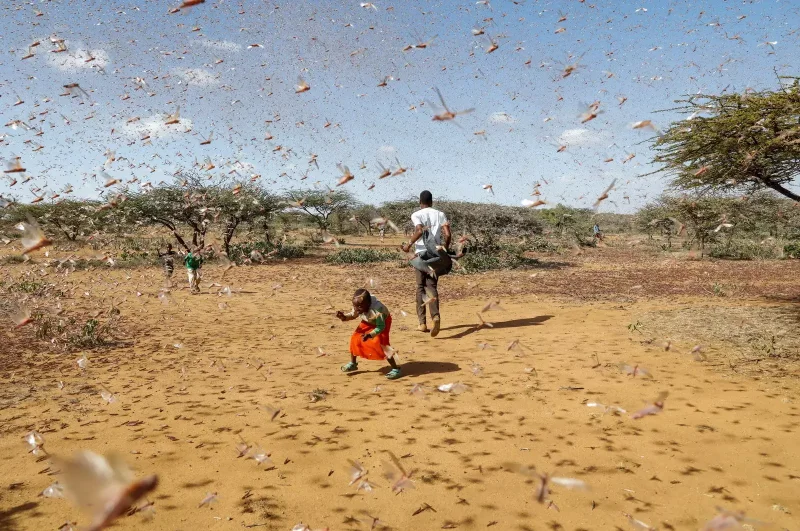We are experiencing severe droughts and devastating floods, both of which do not promote farming. Climate change has come along with incurable crop diseases and insurmountable pests and our main cash and food crops are facing extinction unless some solutions are quickly found. For example, Robusta coffee is under attack by the Black Coffee Twig Borer, (BCTB) a destructive pest that hit the country in 1993 and is proving impossible to eradicate.
The pests and diseases certainly hamper agricultural production, increase hunger and malnutrition, apart from rising food prices. Yet our population increase rate is among the highest in the world, at the fertility rate of 5.6 children per woman, according to the Washington based Population Reference Bureau.
Overcoming some of the diseases and pests requires a lot of scientific research since so far there is no known chemical cure. Biotechnological research has been used to come up with solutions to some of the pests and diseases.
However, it has surprisingly taken Ugandan policy makers too long to appreciate the benefits of biotechnology and to come up with the required regulation to guide the growing of crop varieties discovered to be resistant to the pests and diseases.































